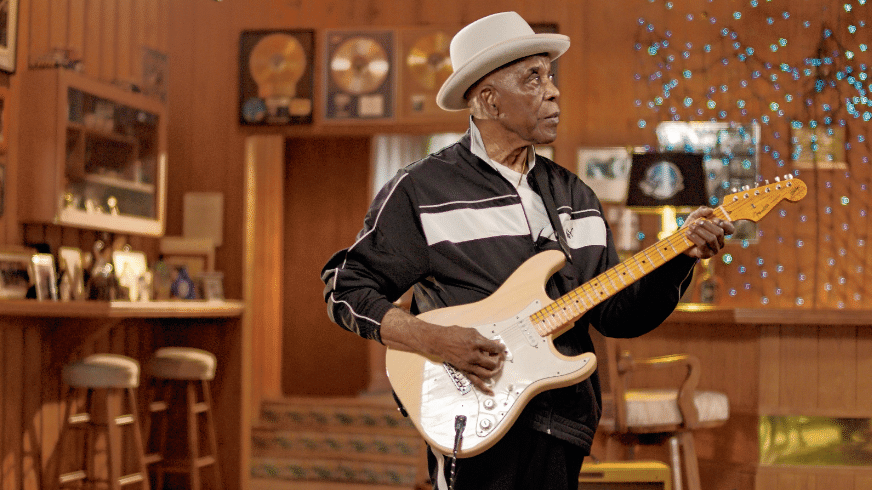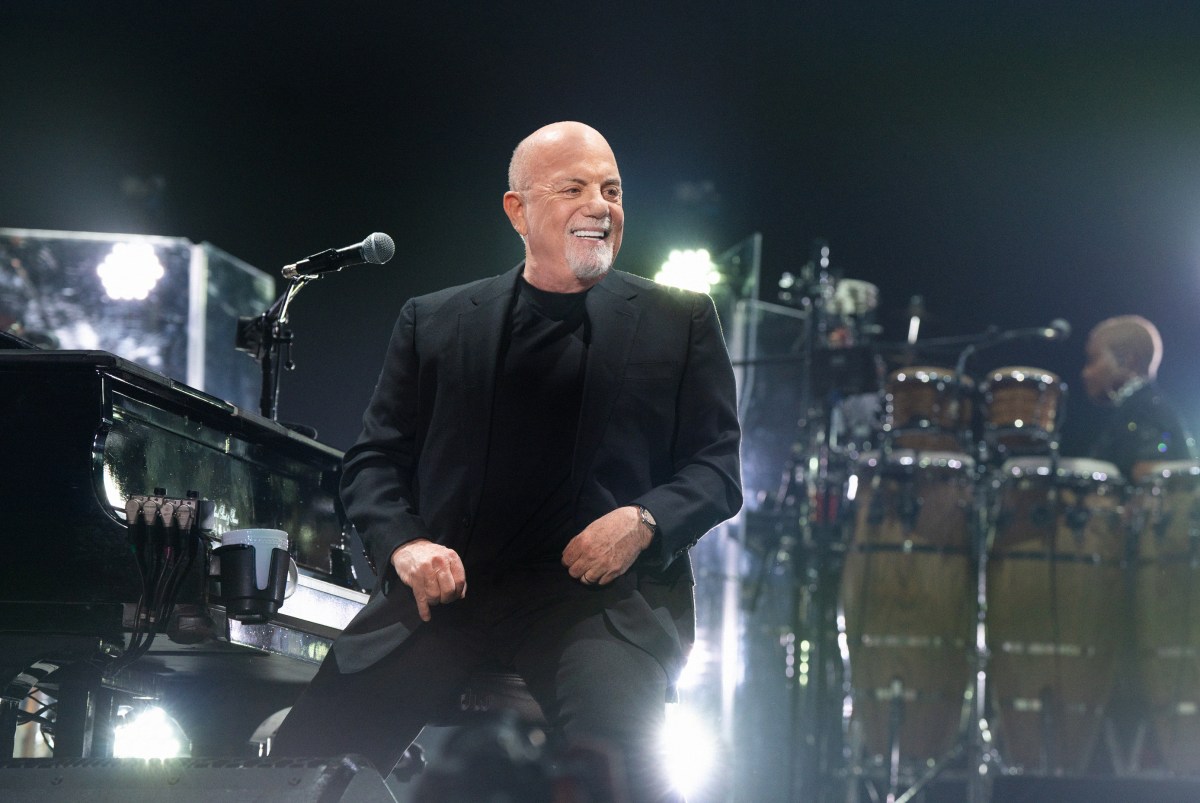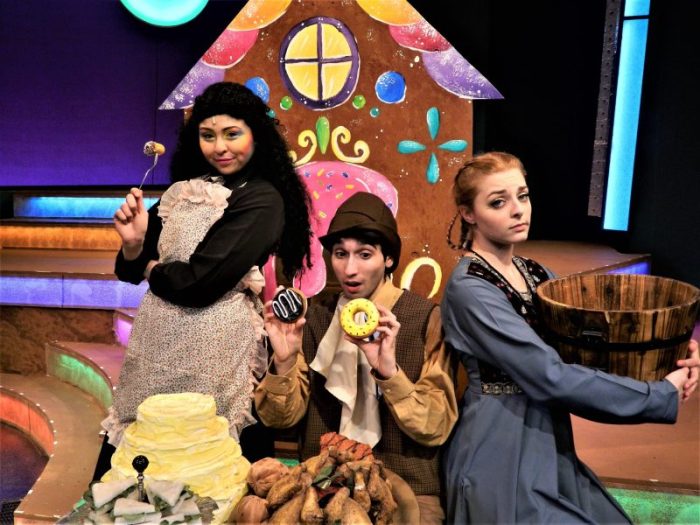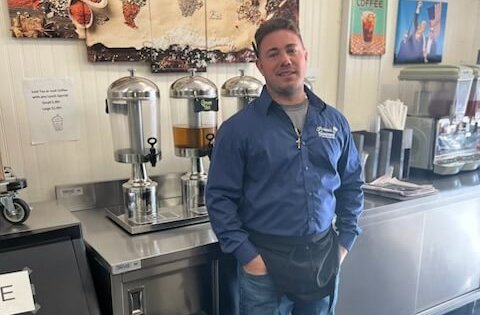The blues has always been a music form that’s found its proponents having a healthy respect of its roots and history, particularly in the case of younger musicians being sure to pay homage to the elder statesman of the genre. Many of those musical pillars have become names in a history book, be it Muddy Waters, Howlin’ Wolf or the three Kings—Albert, Freddie and most recently, B.B., who passed away on May 14, 2015 at the age of 89. With Buddy Guy having celebrated his 85th birthday last July 30, he remains one of the last pillars of the rich Chicago blues music scene that had the storied Chess Records as a cornerstone with a group of clubs providing a stage for the likes of yesteryear talents like Otis Rush, Magic Sam, Little Walter, Willie Dixon and the aforementioned Mud and Wolf.

(Photo courtesy of PBS)
Last year, PBS acknowledged Guy reaching the mid-point of his eighth decade on earth by releasing the documentary Buddy Guy: The Blues Chase the Blues Away, the latest chapter in the American Masters series. In addition, the Louisiana native is the subject of another documentary, The Torch, whose main thrust is the tradition of passing on the blues torch. And while expectations might be that Guy is enjoying his golden years kicking back, he’s instead playing live, pandemic numbers and social distancing regulations permitting. But it’s all secondary for this musical icon who was more than happy to participate in these projects about his life and his first love—the blues.

“The way they treat the blues now, you don’t hear it on your big radio stations anymore,” he remarked. “Your big AM/FM stations don’t play blues hardly anymore. So whatever little I can do to help keep blues alive, I’m open for it. I’m ready to wake up in the midnight hours of the night to help keep it alive because without satellite radio, I don’t think you hear much of B.B. King no more. Even the British blues guys aren’t being played much on radio anymore. You get a lot of hip-hop and superstars’ records, which don’t need to be played because they’re so well-known. Their records are going to go [big] anyway. I don’t need to hear Muddy Waters as much as I hear Madonna or somebody else. Just play me Muddy Waters once or twice a month.”
Throughout the hour and 23 minutes of this American Masters episode, Guy’s life proves to be quite a trip. In addition to original interviews with Guy and numerous acolytes including John Mayer, Carlos Santana, Gary Clark, Jr. and Kingfish, viewers are treated to quite the travelogue. The filmmakers trace the guitarist from his origins working the Louisiana fields his sharecropping family plowed (and where a portion of highway was named after him in December 2018) to the thriving Chicago music scene he arrived in with nothing but a guitar in his hand and the suit on his back. It was here that he got his first break, when Waters took the 21-year-old fret-bender under his wing.
“Sixty-five years ago this year I’d just gotten to Chicago and I wasn’t looking to be a professional musician,” he recalled. “I’d left Louisiana because they told me I could go to Chicago, get a day job and wouldn’t have to pay to see Muddy Waters, Little Walter, Sonny Boy Williamson and all those guys. I was looking for a day job because I didn’t never think I was good enough to play with them. But I learned how to play Lightnin’ Hopkins, Jimmy Reed and a few Muddy Waters licks. I hadn’t eaten in three days and a guy took me to the 708, a famous blues club on 47th Street in Chicago. I went up and played a number with the late Otis Rush and somebody called Muddy Waters, who was living about five blocks away. He got out his van and because he heard I was telling people how hungry I was, he brought me a bologna sandwich.”
Guy’s prowess got around and after a brief stint recording a few sides for Cobra Records, Guy landed at Chess courtesy of Waters, who favored the young musician. Soon, other artists in the label’s stable started using him as well. While label founder Leonard Chess begrudgingly used Guy while denouncing what he did as “just making noise,” the Louisiana native’s combination of tasty playing and over-the-top showmanship found him a favorite of the British Invasion triumvirate of Jimmy Page, Jeff Beck and Eric Clapton, as well as Stateside guitar god Jimi Hendrix. And while Guy’s personality is one of humility, he’s quick to acknowledge his abilities as well, particularly when asked what he thought about Hendrix the first time they met in 1968.
“You should ask what he thought of me because he told me he came from a gig to come see me play because he’d picked up some things from me,” Guy said with a chuckle. “As a matter of fact, I was playing in New York and he came in with a reel-to-reel tape recorder and I didn’t know who the hell he was. He asked if he could tape and I could hear somebody saying, ‘That’s Jimi Hendrix.’ I didn’t know much about him because I was following B.B. King, Muddy Waters and T-Bone. I said, ‘So what. Who in the hell is Jimi Hendrix?’ He come up and asked if he could tape what I was doing because he just canceled a gig to come to New York to hear me play.”
 While blues may have fallen out of favor in the ‘70s and ‘80s, Guy experienced a comeback in the ‘90s with the release of 1991’s Damn Right, I Got the Blues, his first recording in nearly a decade. Featuring cameos by Clapton, Beck and Mark Knopfler, it’s credited with kick-starting a blues rebirth on top of getting Guy back in the recording groove while achieving a number of milestones including racking up eight Grammy awards, earning a Rock and Roll Hall of Fame induction and playing for fellow Chicagoan, President Barack Obama (“I always say I went from the outhouse to the White House.”) Having never stopped touring, even during his lean years, Guy has been a constant presence on the road. And while he’s understandably slowed down in recent years, his fire for playing guitar and spreading the blues gospel never died.
While blues may have fallen out of favor in the ‘70s and ‘80s, Guy experienced a comeback in the ‘90s with the release of 1991’s Damn Right, I Got the Blues, his first recording in nearly a decade. Featuring cameos by Clapton, Beck and Mark Knopfler, it’s credited with kick-starting a blues rebirth on top of getting Guy back in the recording groove while achieving a number of milestones including racking up eight Grammy awards, earning a Rock and Roll Hall of Fame induction and playing for fellow Chicagoan, President Barack Obama (“I always say I went from the outhouse to the White House.”) Having never stopped touring, even during his lean years, Guy has been a constant presence on the road. And while he’s understandably slowed down in recent years, his fire for playing guitar and spreading the blues gospel never died.
Following on the heels of the PBS film is The Torch, a documentary that dropped on March 18 that examines the guitarist’s ongoing influence on the blues and includes interviews with a number of musicians including Carlos Santana and Susan Tedeschi. As for what folks can expect coming out to see this living legend do his thing, he promises prime rib in a world of Spam.
“Folks can expect the best that I got,” he said. “My dad told me this and I’ll tell you the same thing he told me when before I learned how to play when I was driving the tractor and plowing the fields in Louisiana. He said, ‘Son, don’t be the best in town. Just be the best until the best come around.’”
Buddy Guy and special guest Colin James will be playing on April 7 at the NYCB Theatre @ Westbury, 960 Brush Hollow Rd. Visit www.livenation.com or call 877-598-8497 for more information.
































